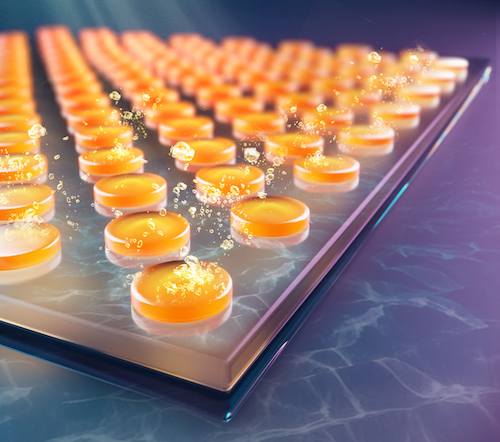
UK Catalysis Hub researchers including; Prof. Richard Catlow, Prof. Graham Hutchings, Prof. Christopher Hardacre and Prof. Andrew Beale are collaborating with Prof. Anatoly Zayats from King’s College London to investigate steering of chemical processes with plasmonic nanostructures.
This multidisciplinary research programme combines the expertise of King’s and Imperial College London and UK Catalysis Hub researchers (represented by Cardiff University, UCL, University of Manchester and University of Bath), and supported by industrial partners, in order to understand underlying fundamental physical and chemical processes and how to control them and develop a material base for new photocatalysts.
Professor Anatoly Zayats from the Department of Physics at King’s will lead an Engineering and Physical Sciences Research Council (EPSRC), part of UK Research and Innovation, programme grant of £10 million funded by EPSRC and industry project partners for a six-year study to investigate light-driven energy-conversion at the nanoscale for stimulating chemical transformations. The project ‘New perspectives in photocatalysis and near-surface chemistry: catalysis meets plasmonics’ aims to advance a new field of research called “plasmo-catalysis”, which will take the light-harvesting capabilities of metallic nanostructures and transform this energy to control chemical reaction pathways in photocatalysis and photo-electrocatalysis. The research has the potential for wide-reaching applications in energy production, environmental clean-up & the pharmaceutical industry.
This new project contributes to and strengthens the net zero research within the London Centre for Nanotechnology and the London Institute for Advanced Light Technologies.
Professor Zayats and his team at King’s will lead this grant in collaboration with Imperial College London (led by Prof. Stefan Maier) and UK Catalysis Hub (led by Prof. Sir Richard Catlow).
Plasmonics offers the possibility of transformational progress in key areas of catalytic science, including those relating to low carbon energy and environmental protection. The Kings, Imperial, Catalysis Hub collaboration is ideally placed to develop and exploit these synergies – Professor Sir Catlow, UK Catalysis Hub




